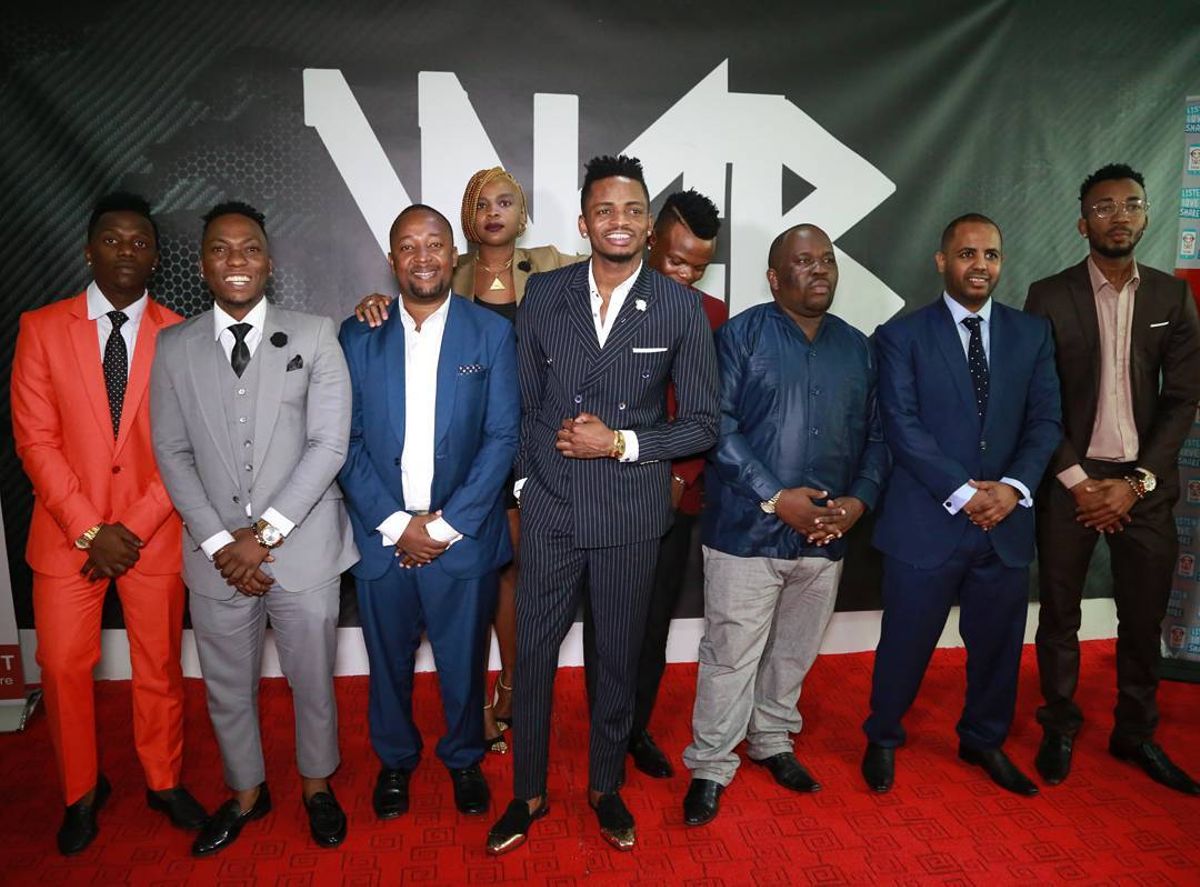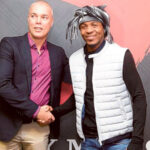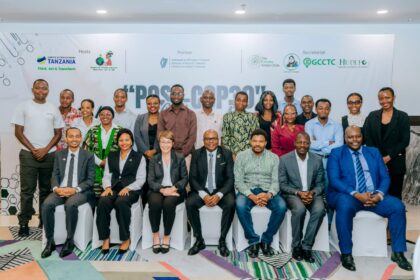For nearly a decade, WCB Wasafi has been more than just a record label — it’s been a cultural movement, a hit factory, and a masterclass in how to build stars from the ground up. From Dar es Salaam’s studio corridors to playlists across Africa, WCB’s impact on Bongo Flava is undeniable. But as the label’s original generation spreads its wings, the big question lingers: can there ever be another Wasafi?
The Wasafi Machine
When Diamond Platnumz founded WCB Wasafi in the early 2010s, Tanzania’s music industry was at a turning point. What he built was not just a label — it was an ecosystem. WCB introduced a new playbook: high-definition visuals, global-level branding, tight choreography, and relentless storytelling.
The lineup read like a dream team of modern Bongo Flava — Harmonize, Rayvanny, Mbosso, Zuchu, Lava Lava, Queen Darleen, and Dvoice. Together, they transformed Tanzanian music into a polished export, filling arenas and topping charts far beyond the borders of East Africa.
Each artist carried their own sound but shared a signature polish — the unmistakable “Wasafi shine.” It was a mix of melody, glamour, and emotion that made the label synonymous with quality.
The Breakaways
But even the strongest brands evolve — or fracture. In true showbiz fashion, WCB’s golden run faced its share of drama and departures.
Harmonize was the first to walk away, founding Konde Music Worldwide in 2019. Then came Rayvanny in 2022, who launched Next Level Music, and most recently, Mbosso who left WCB in 2025 only to unveil Khan Music. Each departure was framed with respect but underscored by a desire for independence — a familiar script in the global entertainment industry.
The Wasafi structure, while undeniably effective, was also tightly controlled. Diamond’s management style — visionary but firm — ensured consistency but left little room for personal freedom. For artists who’d tasted stardom, ownership became the next logical ambition.
Still, it’s impossible to ignore that all these solo ventures stand on the shoulders of what Wasafi built. Without the label’s infrastructure — from media dominance to international collaborations — many of these artists might not have achieved their current visibility.
A Shifting Industry
Tanzania’s music industry no longer revolves around one power hub. The digital revolution has levelled the playing field. Today, a teenager with a microphone and a smartphone can reach audiences that once required a label’s full machinery.
Streaming platforms, TikTok virality, and cross-border collaborations have decentralised fame. The new era rewards agility and authenticity more than affiliation. That makes another Wasafi-style label — one that commands an entire market — increasingly unlikely.
But the Wasafi effect still shapes the sound and style of the new generation. Whether it’s a young artist in Mwanza shooting a cinematic music video or a rising star in Nairobi mimicking Diamond’s rollout tactics, the influence remains deeply ingrained.
Diamond’s Unshakable Legacy
At the centre of it all stands Diamond Platnumz — the architect, the perfectionist, the showman. His vision bridged the gap between Swahili music and the global stage, fusing traditional Bongo rhythms with the sleek production of Afrobeats and Amapiano.
More than a musician, Diamond turned himself into a multimedia empire — from Wasafi FM and Wasafi TV to record deals and endorsement partnerships. His model proved that African entertainment could be self-sustaining and globally appealing.
Even if another label matches Wasafi’s success, it’s unlikely to replicate its timing — the perfect blend of hunger, opportunity, and technology that powered WCB’s rise.
So, Will There Be Another?
Probably not — at least not in the same form. The days of a single label defining a generation are fading fast. The future of Tanzanian music will be collaborative, digital, and fiercely independent.
But the Wasafi story remains a blueprint — proof that with vision, discipline, and daring ambition, a local sound can shake the global stage.
Because WCB Wasafi wasn’t just a label; it was Tanzania’s music revolution.
And revolutions don’t repeat — they inspire the next one.

















